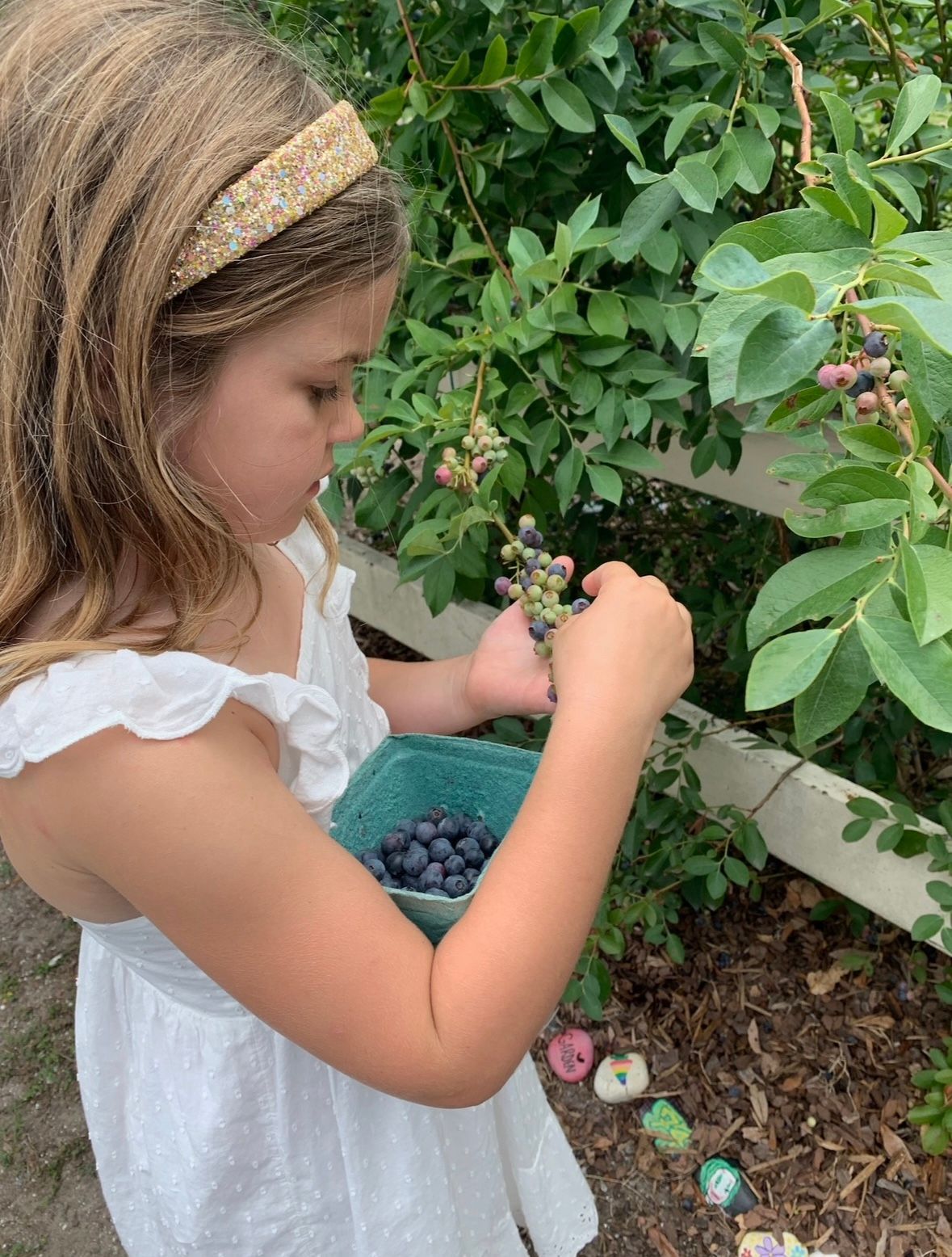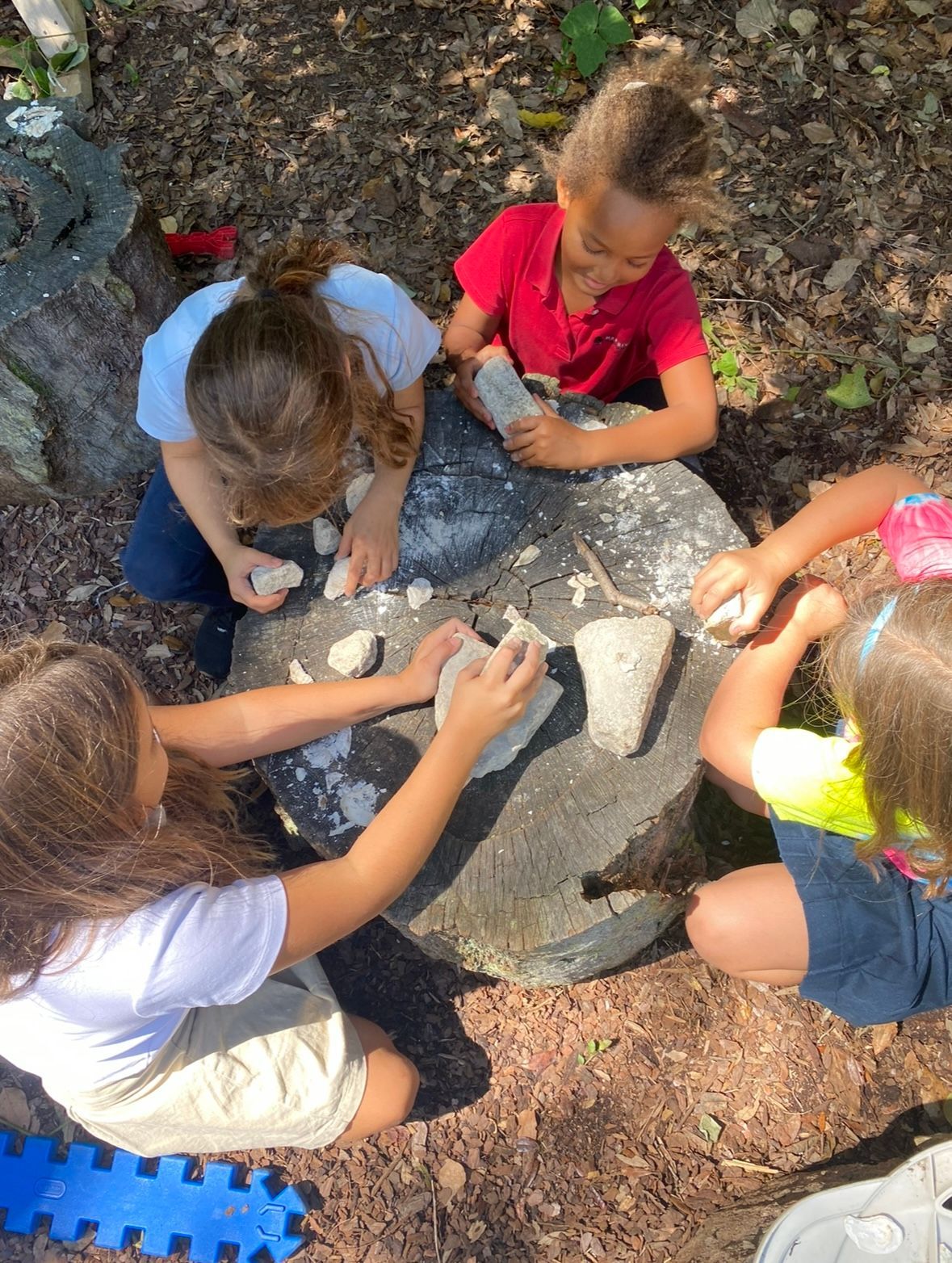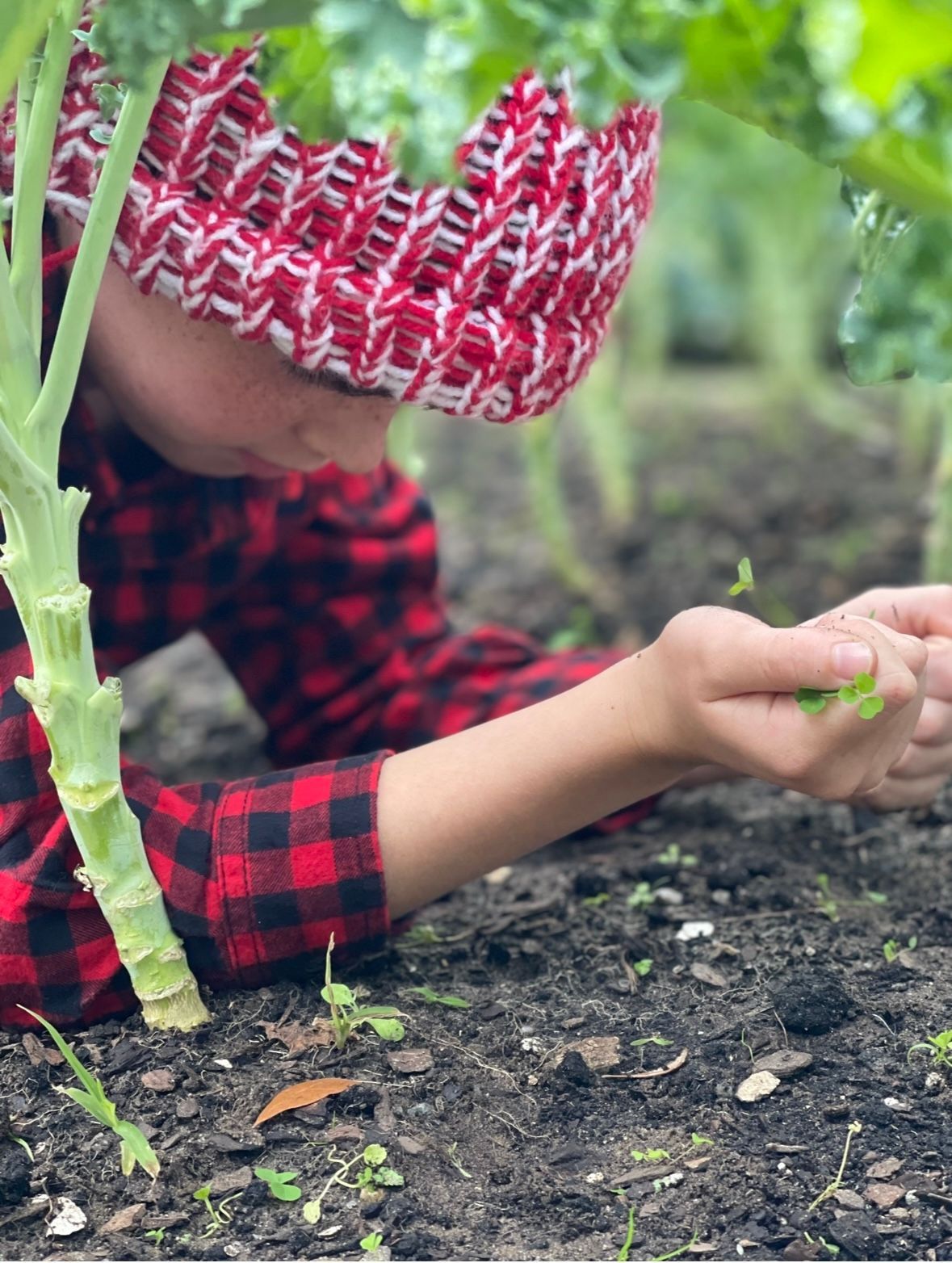What Makes Us Unique: The Benefits of a MRM Education
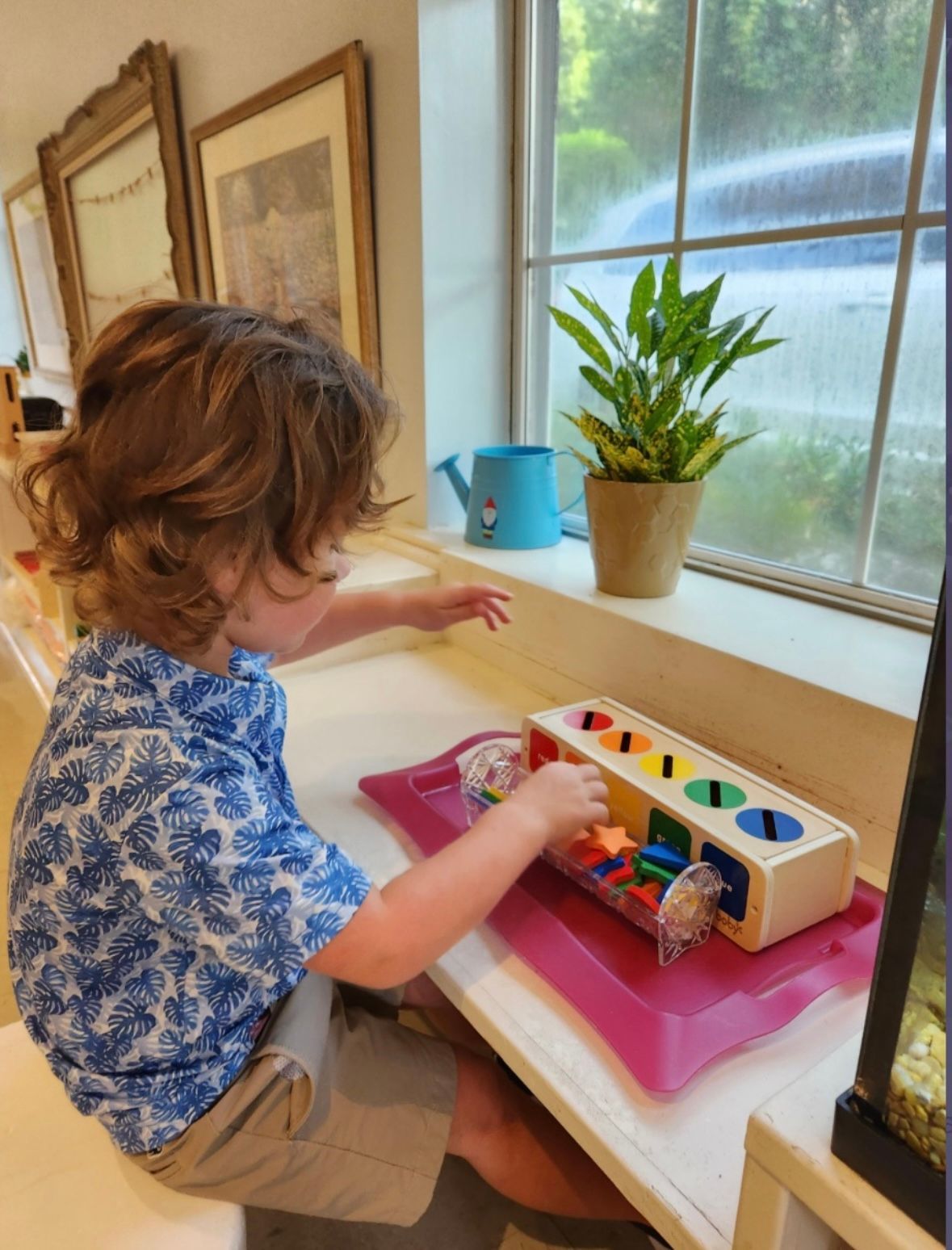
Choosing the right educational path for your child is a significant decision that lays the foundation for their future. Among the myriad of options available, Montessori education stands out as a holistic approach that fosters a child’s development in unique and impactful ways.
Founded by Dr. Maria Montessori over a century ago, the Montessori method is built upon principles that honor the individuality of each child and emphasize independence, self-directed learning, and a nurturing environment. As you contemplate the educational journey for your child, here are some unique benefits of Montessori education worth considering:
1. Child-Centered Learning
Montessori classrooms are designed to accommodate different learning styles and paces. Rather than following a rigid one-size-fits-all curriculum, children are encouraged to explore their interests at their own pace. This approach allows for personalized learning experiences, nurturing a genuine love for learning from an early age.
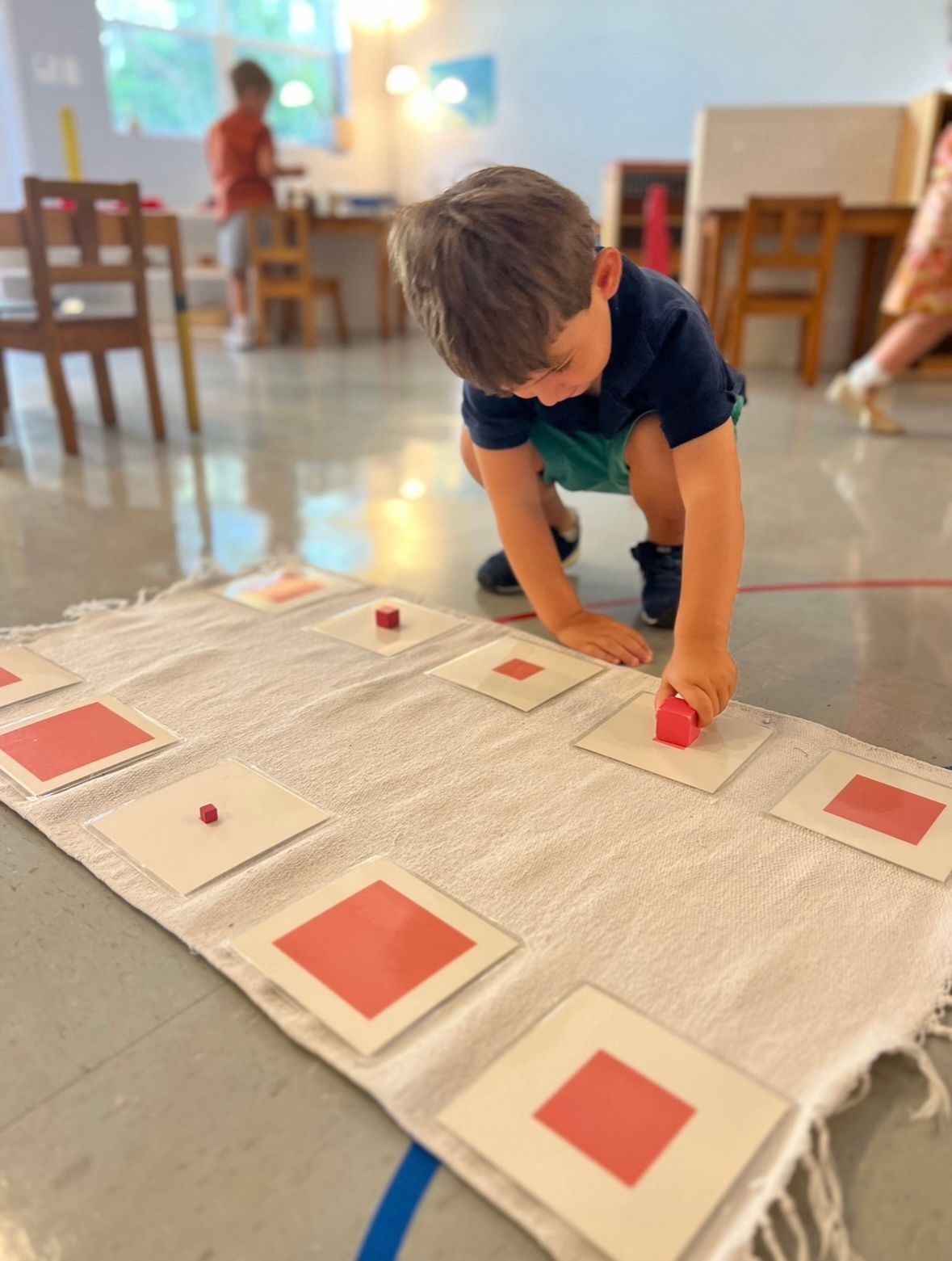
2. Development of Independence and Self-Discipline
In a Montessori environment, children have freedom to choose their activities within a structured framework. This autonomy cultivates a sense of responsibility and independence as they learn to make decisions and manage their time. Through self-directed learning, children develop self-discipline and a strong sense of self-esteem.
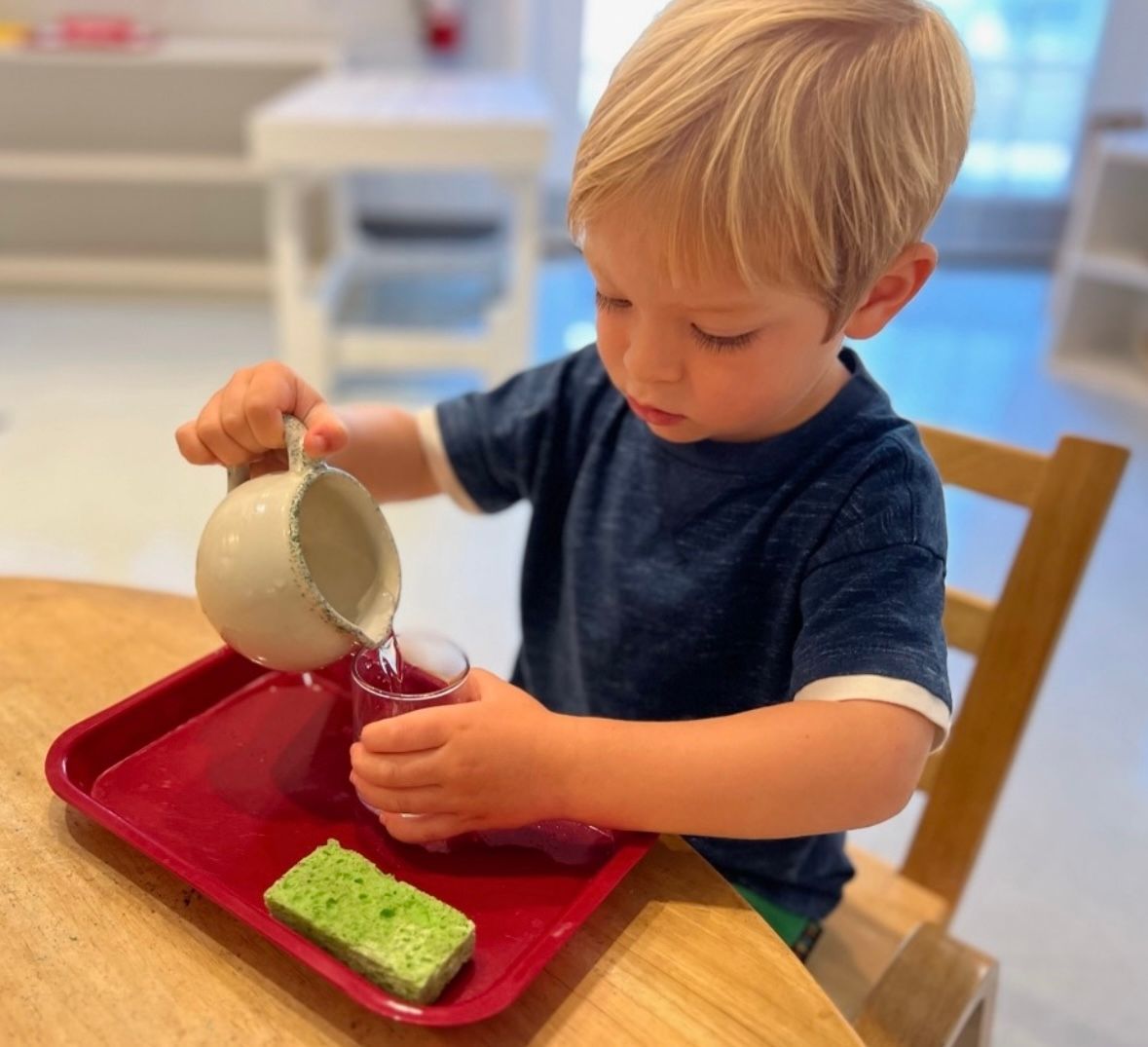
3. Emphasis on Real-Life Experiences
One distinctive aspect of Montessori education is its focus on practical life skills that translate to authentic, real world experiences. From planting seeds in primary to harvesting and designing companion garden beds in elementary to starting micro-businesses and building gardens in the greater local community in secondary, students develop a sense of purpose and accomplishment. These skills lay a foundation for independence and build confidence in handling everyday tasks both inside and outside of school.
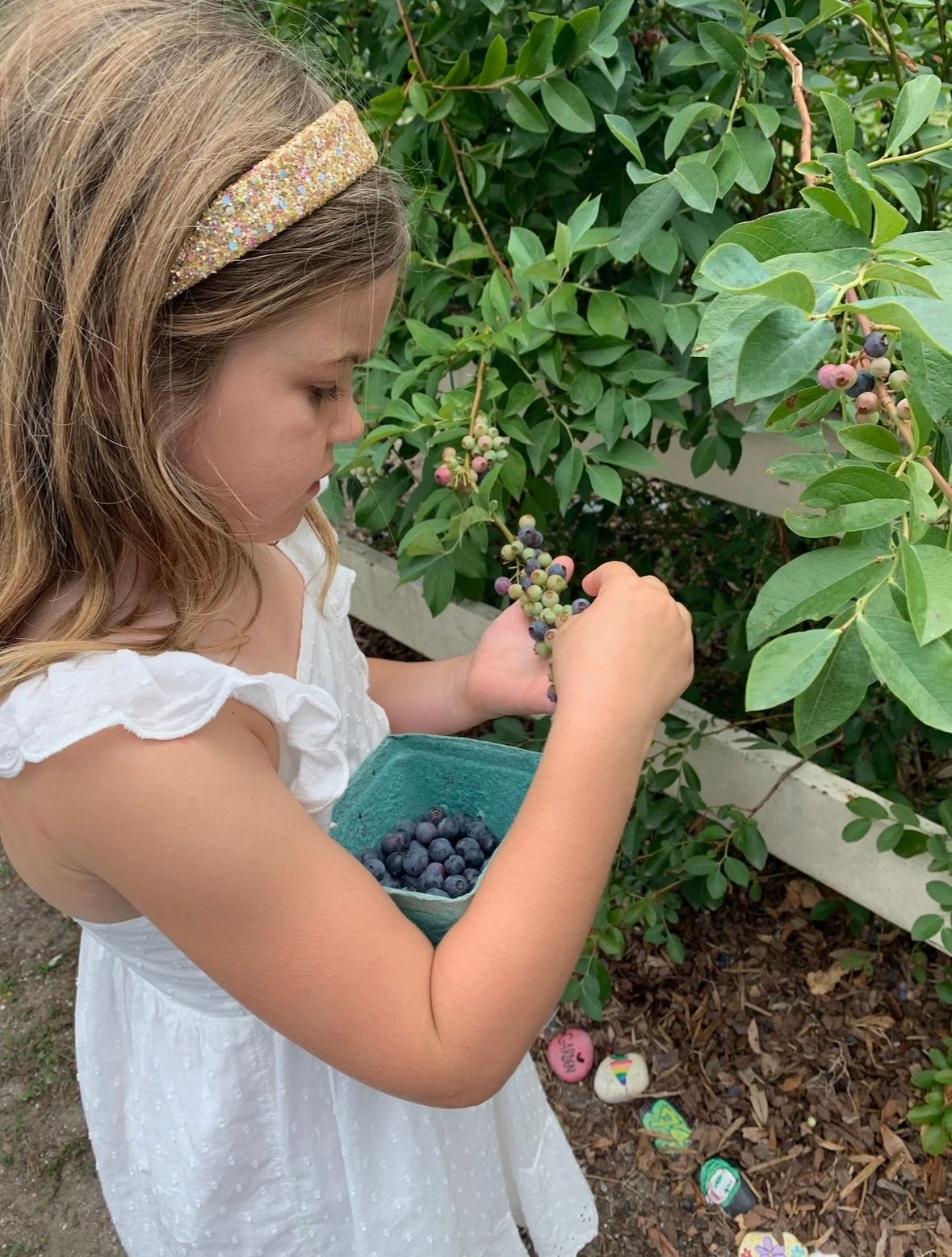
4. The Learning Environment
Step inside one of our classrooms to grasp the essence of Montessori education. Beautiful and inviting learning materials are purposefully arranged and ready for use in an aesthetically appealing environment. Indoor classrooms follow an open floor plan to create a learning environment that encourages discovery and exploration. There are areas for group activity and areas for independent learning—no stifling rows of school desks. Our outdoor spaces, nestled under Spanish moss and oak trees and close to the May River, provide the daily benefits of nature.
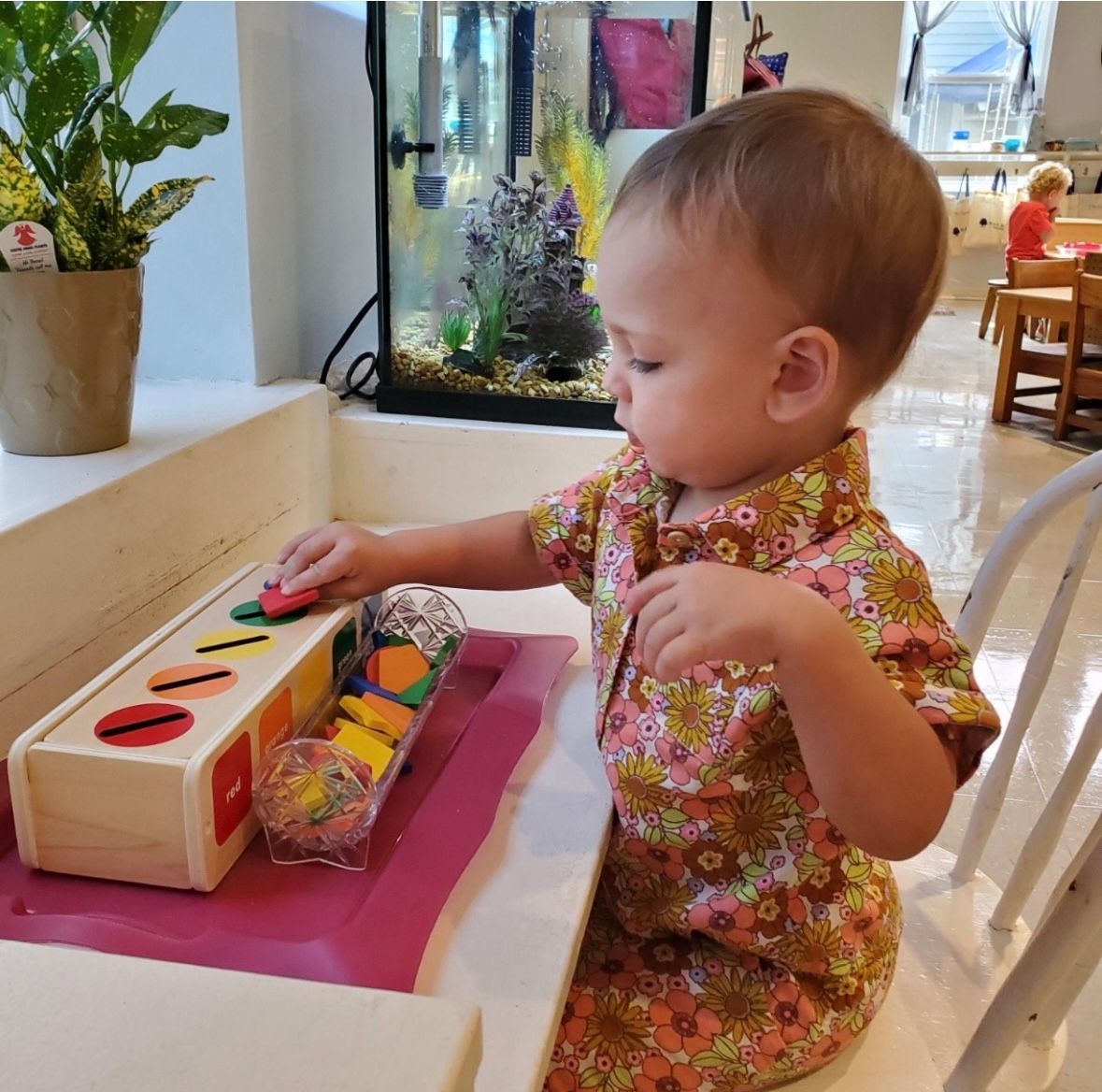
5. Whole-Child Development
Beyond academics, our May River Montessori education focuses on nurturing the whole child—cognitive, emotional, social, and physical development outdoors. We are committed to the research that supports brain-body development and intentionally integrate it into our daily schedule for students. Through hands-on learning experiences and exposure to various real-life materials, children develop critical thinking, creativity, and problem-solving skills essential for success in the ever-evolving world.
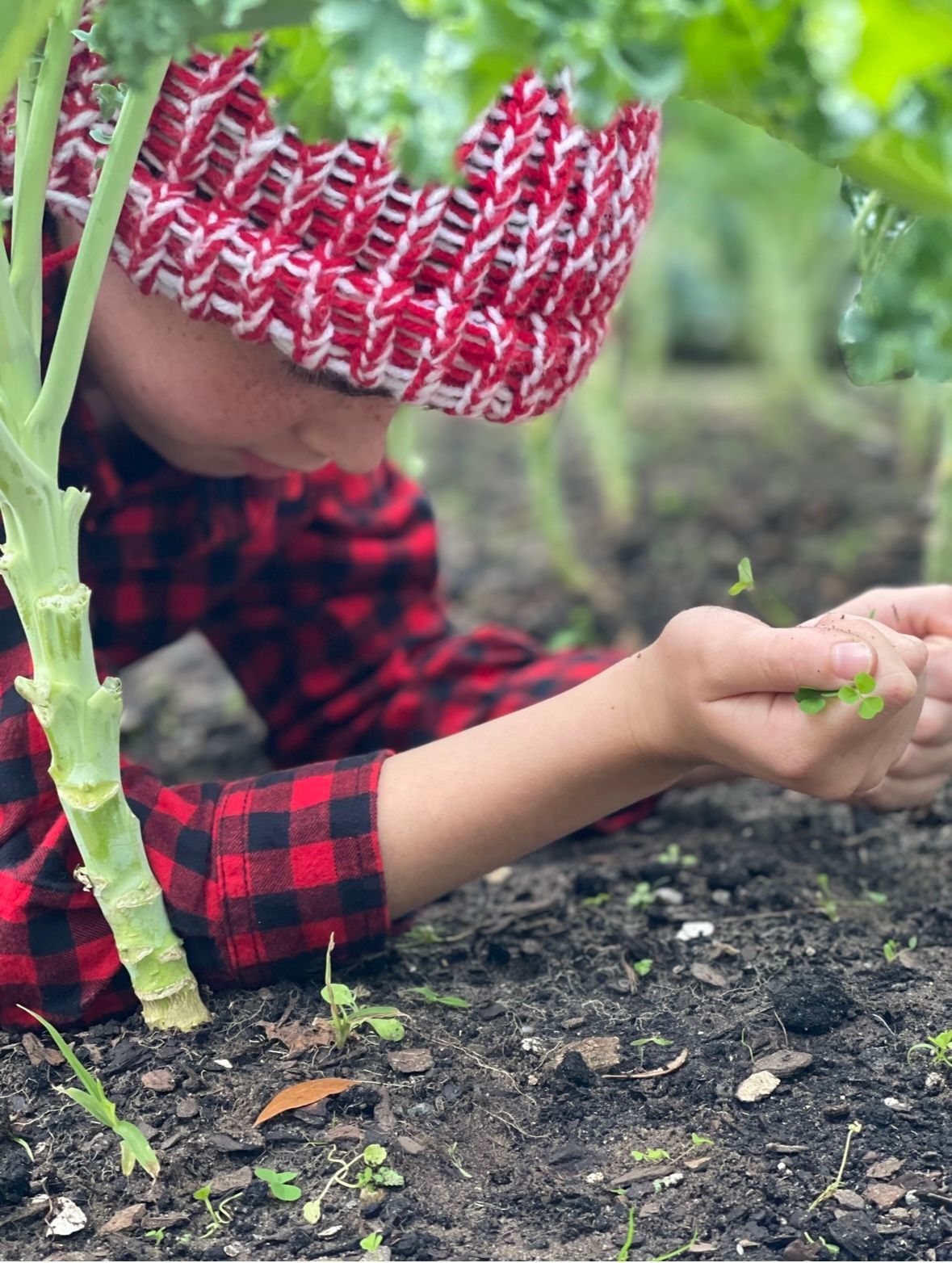
Come See for Yourself
As you consider the educational options available for your child, Montessori education stands as a beacon of child-centered learning that nurtures independence, fosters a love for learning, and prepares children to thrive in an ever-changing world.
Remember, each child is unique, and finding the right educational fit is crucial. Take the time to visit, observe our classrooms, and talk to our educators. Witnessing firsthand how this approach caters to your child’s individual needs can provide valuable insights into the remarkable benefits of a May River Montessori education.
Our school Open House is January 25th from 5-7pm and an excellent opportunity for both current and interested families to tour your child’s current classroom or their upcoming classroom for next year. We look forward to sharing our special learning environments with you. Please also remember our classrooms are available to tour any time of year, we’d love for you to visit!
Do you have questions or are you interested in learning more about our school and programs?
Office@MayRiverMontessori.com
MayRiverMontessori.com
843-757-2312
